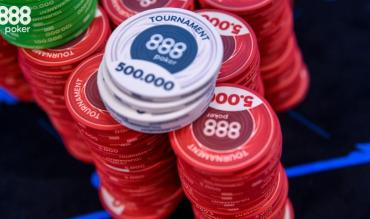As you evolve in poker, understanding the differences in a poker cash game vs tournament is crucial. This article will help determine which format aligns with your playing style and strategy in the ultimate cash game vs tournament comparison.
This article will help determine which is best for you in a cash game vs tournament match-up.
Note: Even professional poker players usually specialise in cash games or tournaments. In the great tournament vs cash game debate, it is rare to find someone equally skilled at both.
Take Phil Hellmuth, for example. He is one of the most accomplished tournament players of all time.
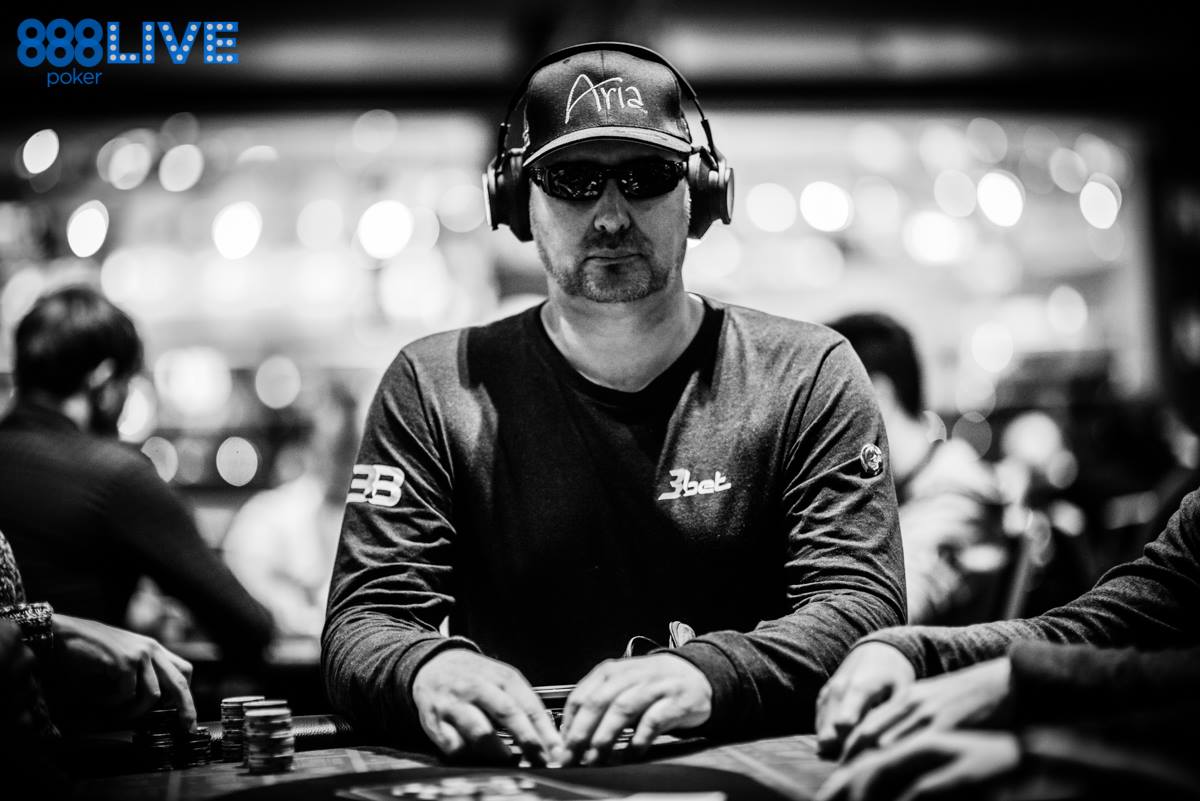
He has won more World Series of Poker bracelets than any other person in history.
But when it comes to cash games, he is a relatively lousy player—better known as a “fish”!
Cash Games vs. Tournaments: Key Differences Explained
There are three significant differences to note when comparing cash vs tournament poker, each impacting how players approach the game.
1. Eliminations: Rebuys vs. Outlasting Opponents
In the tournament vs cash game debate, one key difference is how eliminations are handled. Cash games run indefinitely—you can rebuy and play as long as your wallet permits. However, tournaments are an elimination game. Once you lose all your chips, you’re out unless rebuys are allowed early on.
Tournaments are an elimination game. While tournaments usually allow you to rebuy in the beginning, after a certain point, you are out if you lose all your chips!
The last person holding the winning poker hand is crowned the winner.
Tournaments have a final endpoint, while cash games are never over. When considering a poker tournament vs a cash game, you should factor in timing.
Poker tournaments typically take several hours!
2. Chips in Cash Games vs. Tournaments: Real vs. Play Value
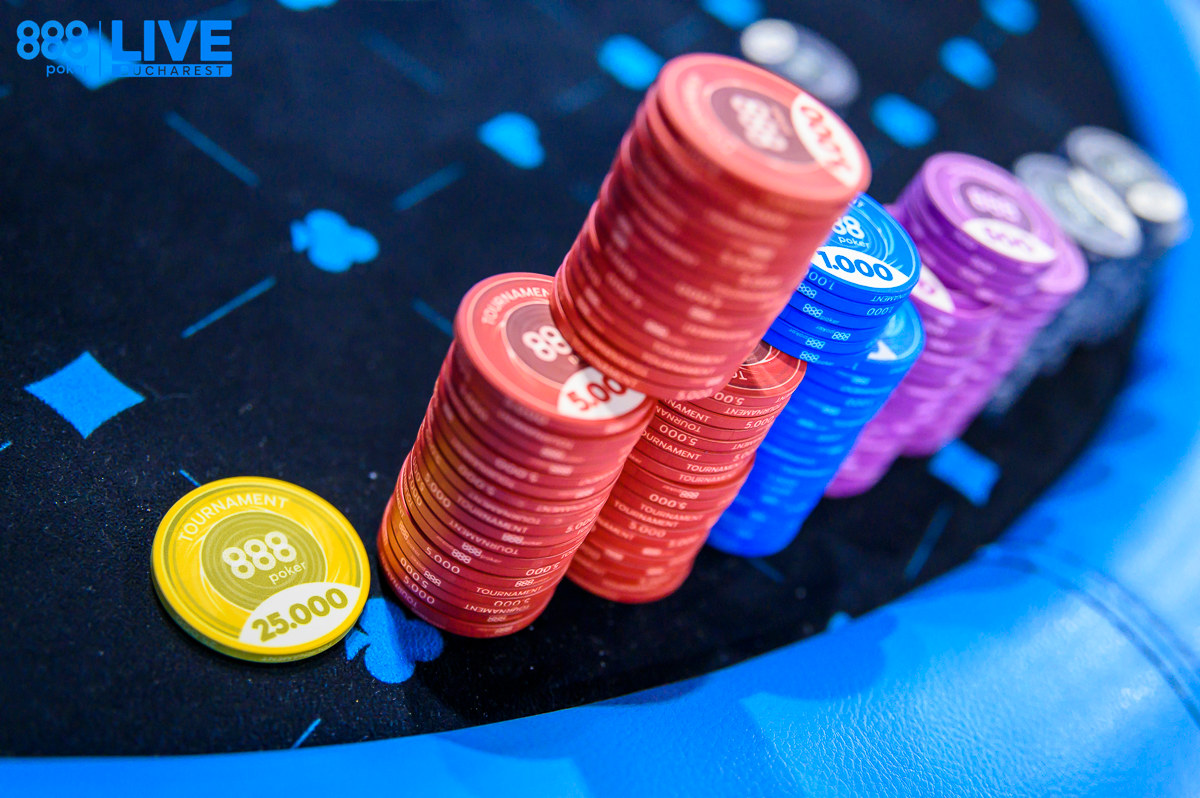
If you’re asking, “What is a poker cash game?”, here’s a simple explanation: Cash game chips use a 1:1 ratio where one dollar equals one chip.
In tournaments, however, a $100 buy-in might give you 20,000 chips, but these chips have no cash value—they’re only for competing within the event.
3. Blinds in Cash Games vs. Tournaments: Fixed vs. Rising
A key aspect of cash vs tournament poker is how blinds work. In cash games, blinds remain fixed throughout the session. However, in tournaments, blinds increase over time, adding pressure and urgency to make moves. This escalating structure forces players into action as the tournament progresses.
If it costs $3 per hand, it will always remain the same. The blinds are usually small compared to the buy-in amount, so there is little pressure to play a hand.
For example, if you buy into a $1/$3 game, you should start with around $300.
Given the relatively small size of the blinds, you can afford to lose $3.00 without impacting your overall stack.
- I’m confused.
- What’s a blind?
- Does it change in cash game vs tournament poker?
Yes, you came here to learn whether to play a poker cash game vs a tournament. But now you're stumped by the terminology of the small blind and big blind.
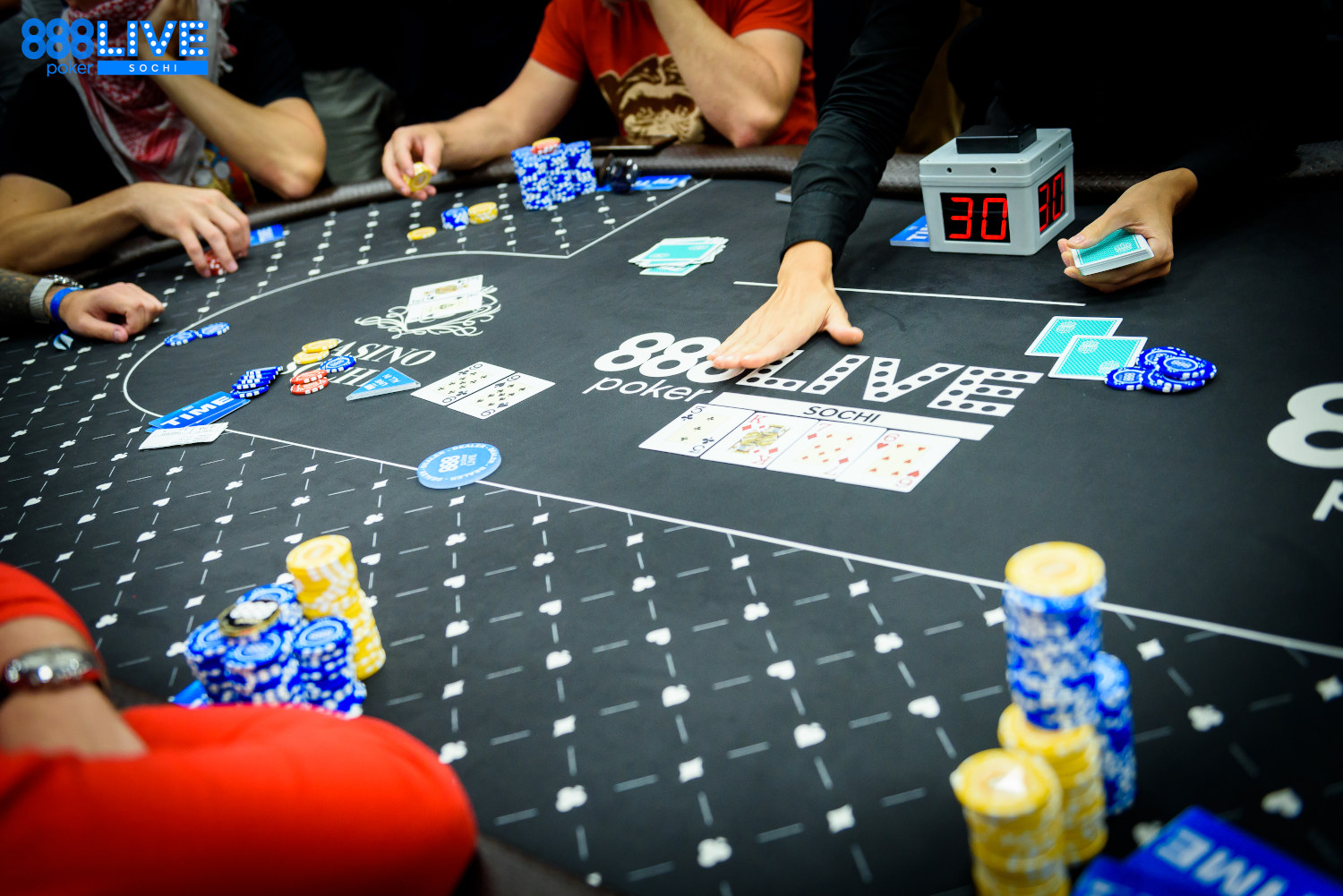
Don’t panic – this is normal! Understanding blinds can be confusing to many new players.
But here’s the good news: When you’re playing at a poker table, “paying the blinds” becomes intuitive. Most people get the hang of it fairly quickly.
That said, we should go into the weeds for your general knowledge.
Understanding Blinds in Poker: Cash Games vs. Tournaments
The poker term “blind” is short for “blind bet”. It’s a bet you must place before seeing your cards. It is mandatory and forced. You do not have a choice.
Poker moves clockwise in a circle. Everyone must pay the blinds once per orbit. This scenario applies to both poker formats, whether it’s a tournament vs a cash game.
There are two blinds: the big blind and small blind.
- The big blind is usually double the small blind (or close to it). Common examples are $0.10/$0.20 or $5/$10.
- Tournaments will have larger blind levels since you start with thousands of chips – you’ll see 100/200 or, as the tournament progresses, 5,000/10,000!
Every player must pay the small blind and the big blind each orbit in two consecutive hands.
You do not pay them at the same time.
(Sometimes, tournaments will have an additional ante amount every player must pay. Online, this amount is usually every hand. In live poker, it’s often one “big blind ante”, so the dealer doesn’t have to collect the ante chips from all players. It saves time and effort…. But you will pay a hefty tax when you are in the big blind because of the big blind + the big blind ante! You’ll need to pay double!)
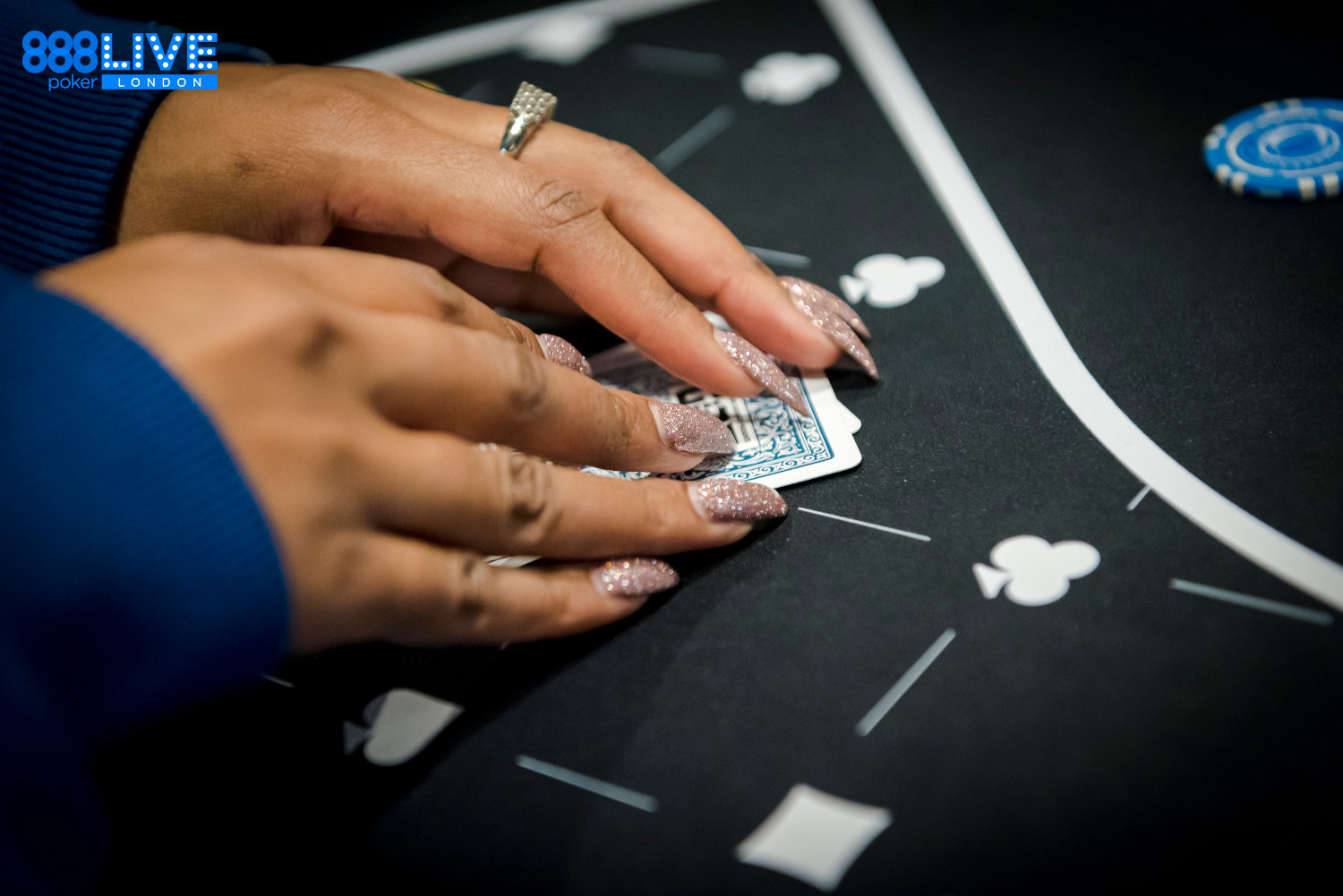
Again, in cash games, the pressure to play when in the blinds – even the big blind – is minimal. You can usually afford to lose your big blind if you don’t have a good hand, and it won’t cost you much.
But imagine a tournament where the big blind is 25,000 chips!
Let’s say you have only 100,000 chips in your stack. Given the size of this mandatory contribution, you better hope to get a good hand.
The larger investment also makes players much more likely to “defend” their big blind in a poker tournament vs cash game.
You won't want to fold as freely if you’ve already committed a hefty portion of your stack.
At the very least, you’ll get sticky and want to see a poker board.
Adapting Your Strategy: Cash Games vs. Tournaments
In cash game vs tournament strategy, the increasing blinds in tournaments demand a more aggressive style of play compared to the patient approach typical in cash games.
To succeed in tournaments, players must adapt to the escalating pressure by timing their moves effectively and taking calculated risks.
In deciding between a poker tournament vs cash game, expect tourneys to have a more intense style of gameplay.
- Players are motivated to “steal the blinds” – if you go all-in and both blinds fold, you win all those chips automatically! For this reason, people will go all-in before the flop as a bluff.
They could shove all their chips in the middle with a bad hand or poker combo, hoping the players in the blinds fold. In cash games, players usually only go all-in if they believe they hold the best cards.
- Since tournament players face elimination, you can threaten their “tournament life.” Remember: if someone loses all their money in a cash game, they can rebuy. So, players will call bets lighter when curious or doubtful. What’s the worst that could happen? They’ll need to reach back into their wallet.
But if they make the wrong decision in a tournament, they are out of the event entirely. This fact breeds an attitude of caution. One fatal misstep, and they’re dead. For this reason, you can put players to tougher decisions. At critical stages, your bluffs will be vastly more successful in a tournament setting.
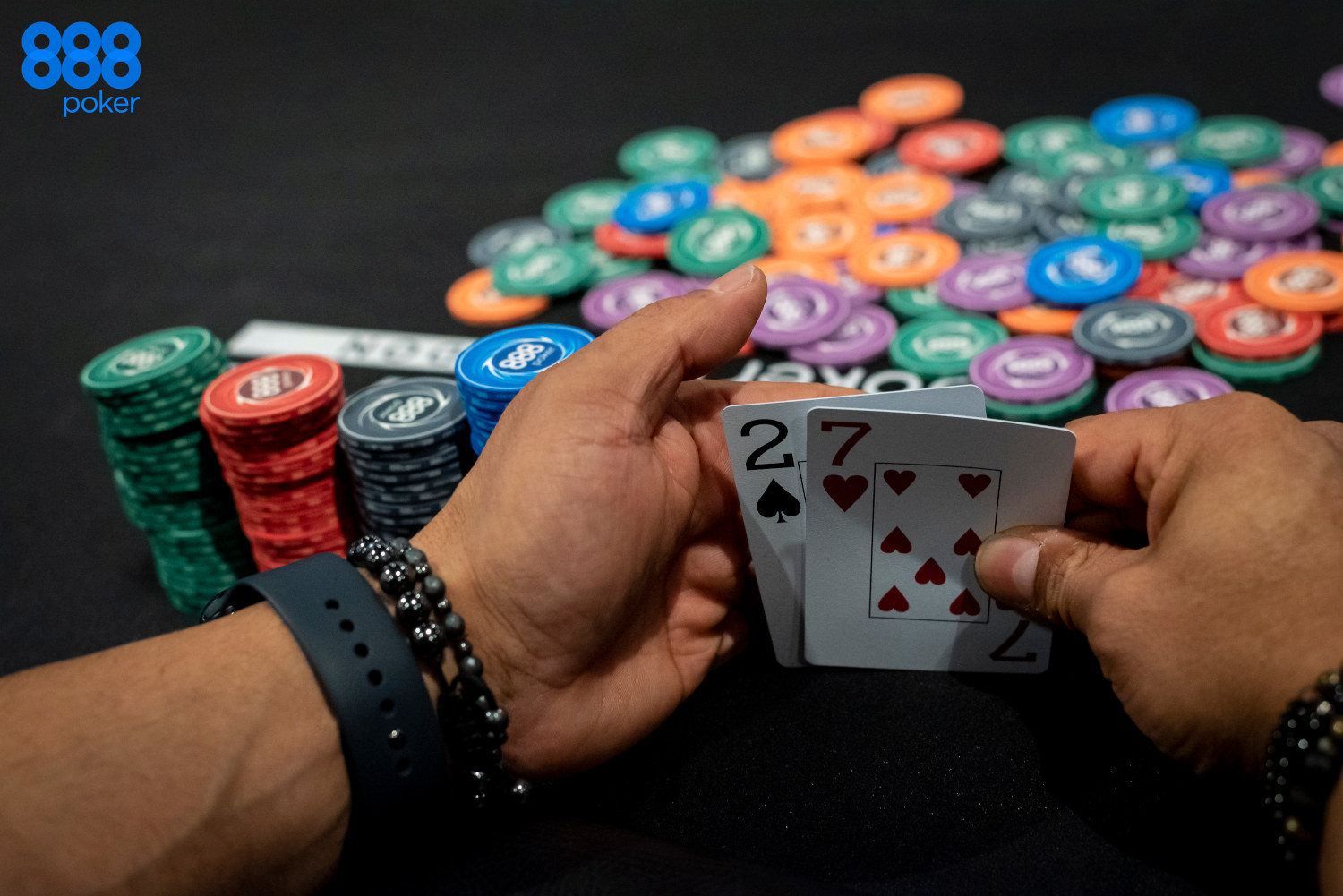
One of the most tense parts of a tournament is the “bubble.” This spot is a crucial breaking point.
Let’s say the final ten players in a poker tournament earn a cash prize. You really don’t want to finish in 11th place.
Imagine walking away with zero!
If you can tell someone is stressed about the payouts, you can bluff them like crazy. They will be terrified of exiting just outside of the money.
The primary strategic adjustment between formats is your bluff frequency.
In cash games, patience is a virtue. It's best to wait for premium cards and refrain from playing unless you have an excellent hand. This strategy can give you a significant edge over your opponents.
Study preflop raise first in (RFI) charts and stick to them rigorously.
Tournaments are a test of guts.
You'll have to commit with subpar hands to dodge and survive the increasing blinds.
- You can excel in cash games without executing a single bluff.
- Tourneys require you to make moves!
Earning Money: Cash Game Payouts vs. Tournament Prizes
The final crucial distinction in a poker cash game vs tournament is in getting paid.
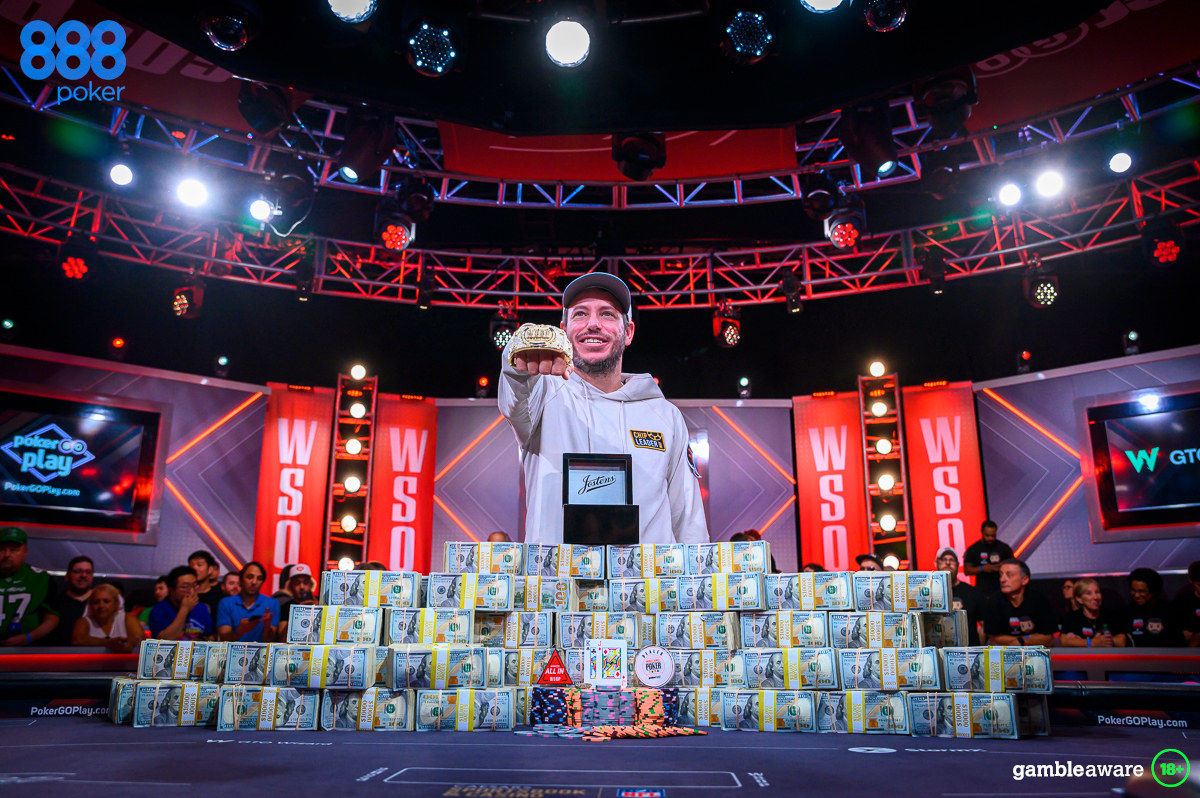
In cash games, the amount of chips you have in front of you directly equals the dollar value.
Do you have $112 chips? That equates to $112 in dollars, which you can cash out at any time.
In theory, you could only play a single hand and run! There is no requirement for how many or how few hands you play. You can head to the cashier whenever you want.
Tournaments divide the prize pool amongst the top finishers—usually the remaining 10-15% of the field. As so few players qualify in the top percentage, most times, this results in elimination without any payout for you.
BUT the times you win are positively worth it!
First place could be 10x or even 100x your buy-in!
Cash games tend to be more modest – tournaments are go-big or go-bust.
They’re high risk but high reward.
A win in a poker tournament, including one at the 888poker tables, could truly change your life!
